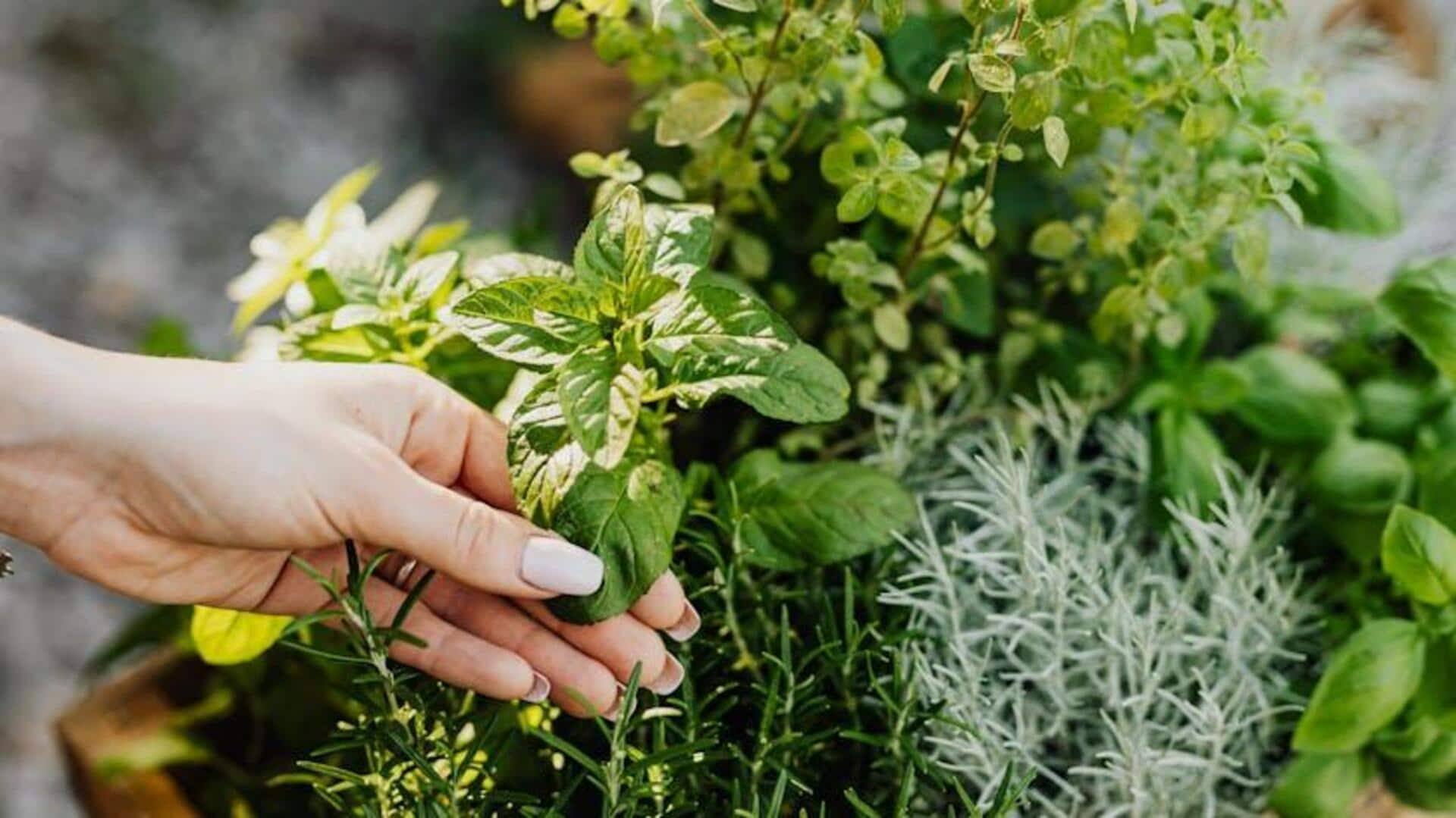
Budget-friendly herbal medicine gardens in Africa
What's the story
Building your herbal medicine garden is a sustainable and cost-friendly way to have natural remedies at your fingertips. It is also a rewarding project in Africa, where diverse climates create the ideal conditions for cultivating a wide variety of medicinal plants. This article delves into practical advice on how to start and maintain a budget-friendly herbal medicine garden in different African settings.
Location
Selecting the right location
The first step is selecting the right spot for your garden. Ideally, it should get a minimum of six hours of sunlight a day and possess well-draining soil. If you have limited space, opt for container gardening on balconies or patios. This eliminates the need for land acquisition costs, making it a cost-effective option for many.
Indigenous
Choosing indigenous plants
Concentrating on indigenous plants guarantees that your garden will flourish while also reducing the need for costly fertilizers and pesticides. Plants such as aloe vera, African basil, and moringa are adapted to Africa's diverse climates and offer a range of medicinal benefits. Seeds or cuttings for these plants can often be obtained inexpensively from local communities or agricultural centers.
Composting
Utilizing natural composting techniques
Composting organic waste is an economical way to produce nutrient-dense soil for your garden, reducing dependence on store-bought fertilizers. By composting kitchen waste, fallen leaves, and grass cuttings, you're feeding the soil naturally. This sustainable practice not only enhances your garden by increasing soil fertility but also contributes to waste reduction within your home or community, fostering a healthier environment for everyone.
Watering
Water conservation strategies
In areas where water is scarce or expensive, it's essential to be smart about how you use it. Hence, they are using water-saving techniques. Drip irrigation systems can be created from recycled materials like old bottles and hoses. They deliver water directly to the plant roots, minimizing waste. Rainwater harvesting is another great way to reduce dependency on the municipal water supply.
Community
Community engagement and knowledge sharing
Connecting with your community provides opportunities to learn from others' experiences with traditional herbal remedies and creates a supportive network for sharing knowledge and resources. By joining or initiating plant swap meets or communal gardens, everyone benefits from the reduced costs associated with shared resources and collective learning. This collaborative strategy not only minimizes individual expenses but also fosters stronger community connections through shared interests in herbal medicine gardening.